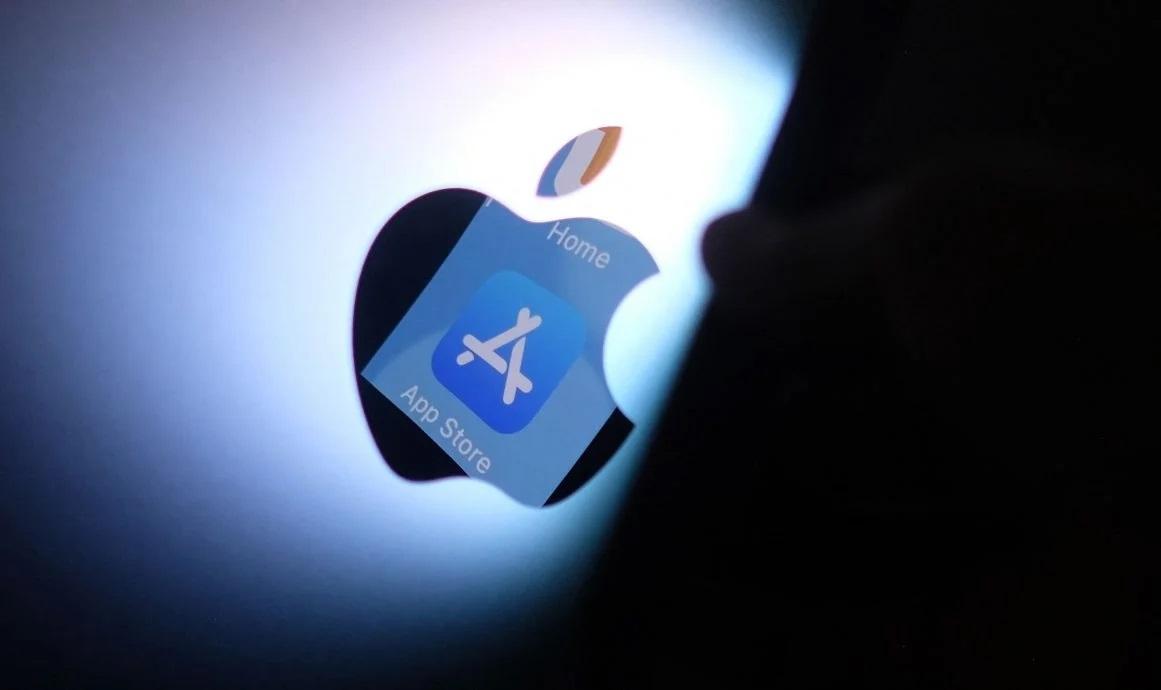EU Delays Penalties for Apple and Meta: A Balancing Act Between Trade Talks and Regulation
According to the latest statement from the European Commission, the decision to penalize Apple Inc. and Meta Platforms for alleged violations of the Digital Markets Act (DMA) will be postponed until the end of June 2025. This move has attracted widespread market attention and is seen as a cautious measure by the EU to balance innovation regulation and corporate compliance demands.

Background
The Digital Markets Act (DMA), which came into effect in 2022, aims to curb the market dominance of large tech companies and ensure a level playing field for smaller competitors. Under the DMA, both Apple and Meta have been designated as “gatekeeper” companies, required to meet strict compliance standards in areas such as app store rules, data sharing, and advertising transparency. However, over the past year, both companies have been repeatedly accused of failing to fully fulfill these obligations:
● Apple: Accused of hindering competition through high commissions on the App Store and restrictions on third-party payment systems.
● Meta: Alleged to have abused its dominant market position through cross-platform data integration and targeted advertising policies.
The European Commission launched an investigation in March 2024 and released preliminary findings in the summer of the same year. Initially, the Commission planned to initiate formal penalty procedures against the two companies in April 2025, with potential fines reaching up to 10% of their global annual turnover (Apple could face over $38 billion in fines, while Meta could face around $13 billion).
Reasons for the Delay
The European Commission initially planned to issue a ruling and impose fines on Apple in January 2025, but this plan was put on hold. On one hand, key personnel adjustments were taking place within the EU. On the other hand, the Commission was also monitoring policy developments in the United States. Subsequently, the EU planned to issue fines and cease-infringement orders to Apple and Meta on April 15, 2025, but decided to delay the announcement again following recent contacts with the United States.
This decision to delay penalties was made shortly before a meeting between EU Trade Commissioner Maros Sefcovic and U.S. officials. The EU was concerned that penalizing Apple and Meta at this juncture could trigger retaliatory tariffs from the United States, thereby affecting ongoing trade negotiations.
Trade Talks and Future Developments
The EU is currently accelerating efforts to reach a trade agreement with the United States. Recently, Sefcovic and Italian Prime Minister Giorgia Meloni met with the U.S. President. Trump expressed during his talks with Meloni that reaching a trade agreement with the EU would be “almost a done deal.” By delaying penalties, the EU aims to create a more harmonious atmosphere for trade negotiations and avoid trade frictions that could arise from penalties.
Additionally, a spokesperson for the European Commission stated that the technical work has been completed and efforts are being made to finalize the decision in the short term. Although the EU has postponed penalties for Apple and Meta, the ruling is still expected to proceed, though the exact timing remains unclear. The EU still plans to continue with fines and cease-infringement orders against the two companies to ensure further compliance with the Digital Markets Act.
On the corporate side, Meta recently canceled its fact-checking project in the United States, marking a significant reform in its approach to managing political content on its platform. Apple, on the other hand, is closely monitoring developments and hopes to clarify regulatory requirements as soon as possible to adjust its business operations accordingly.
Conclusion
The EU's decision to delay penalties for Apple and Meta reflects its attempt to balance trade negotiations and regulatory enforcement. On one hand, the EU aims to avoid trade conflicts with the United States and facilitate the conclusion of a trade agreement. On the other hand, it faces internal questions about the independence of its regulatory decisions. As trade negotiations progress and internal disputes are resolved, the EU's penalty process for Apple and Meta will remain a global focus.
Conevo ic supply store
Conevo Electronics specializes in cost-effective IC & Semiconductor component solution. The following is a brief introduction to popular ic chip models. If you need more information, please connect Conevo.
1. The TI's TL16C554AIPN is a high-speed, 4-channel universal asynchronous receiver-transmitter (UART) integrated circuit, designed for efficient data communication and widely used in applications requiring reliable serial data transmission.
2. The STM32G071G8U6 is a high-performance microcontroller unit featuring a 32-bit ARM Cortex-M0+ core, offering up to 512 KB of flash memory, 64 KB of SRAM, and a wide range of peripherals for versatile embedded applications.
3. The SN74GTL2014PWR is a high-speed, 4-bit bus transceiver chip designed for 3.3V and 5V interfacing, featuring low propagation delay and high current drive capability, making it suitable for high-performance digital systems.
Website: www.conevoelec.com
Email: info@conevoelec.com








